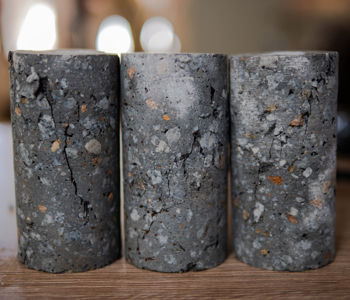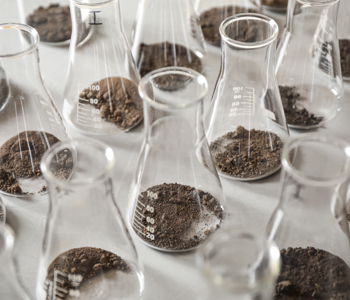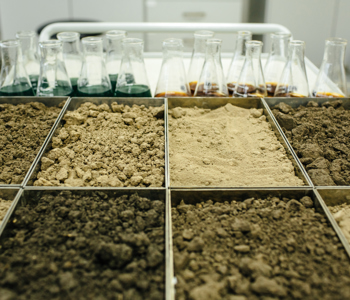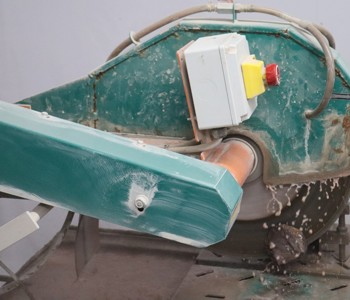Aggregate Testing Services
GSTL’s highly-trained technicians conduct both mechanical and physical testing of aggregates on a daily basis. Our modern facility has the capability to test a wide range of natural and recycled aggregates to ensure they are fit for purpose. Our testing laboratories enable fast analysis for a more cost-effective, time saving testing solution.

Types of Aggregate Testing
You can choose from a comprehensive range of Aggregate Testing meeting British and European Standards, together with Standard Highways MCHW requirements.
At GSTL we can cover:
Water Content BS 1097-5
This tests the percentage of water based on the dry mass of the sample.
Particle Size Distribution BS EN 933-1
This grades aggregates to determine their suitability using grading limits defined in BS Standards and MCHW.
Constituents of Coarse Recycled Aggregates BS EN 933-11
Recycled materials undergo physical examination to determine the constituent parts and foreign materials within a sample. (Please note: this test is not suitable for sands).
Los Angeles (Fragmentation) BS EN 1097-2
This is a common test used to indicate the resistance to fragmentation indicating toughness. It replaces the BS 812 Ten Percent Fines test.
Magnesium Sulphate BS EN 1367-2
Tests the soundness of aggregates and their resistance to disintegration from soaking and crystallising of salts granules.
Particle Density & Water Absorption BS EN 1097-6
Tests particle density, which is sometimes referred to as specific gravity and absorption. It shows the porosity of the aggregate when used in conjunction with the Loose Bulk Density and Voids Test.
Particle Shape – Flakiness/Shape Index BS EN 933-3/4
Our lab technicians use slotted sieves which are designed to determine flaked/elongated shapes within the aggregate sample.
Loose Bulk Density & Voids BS EN 1097-3
With single size material, this will provide mass against volume. Its voidage can also be calculated using PD/WA.
Please note that this is not a complete list of the testing we provide. Need more information? Contact us for a full list of the different types of Aggregate Testing available.




